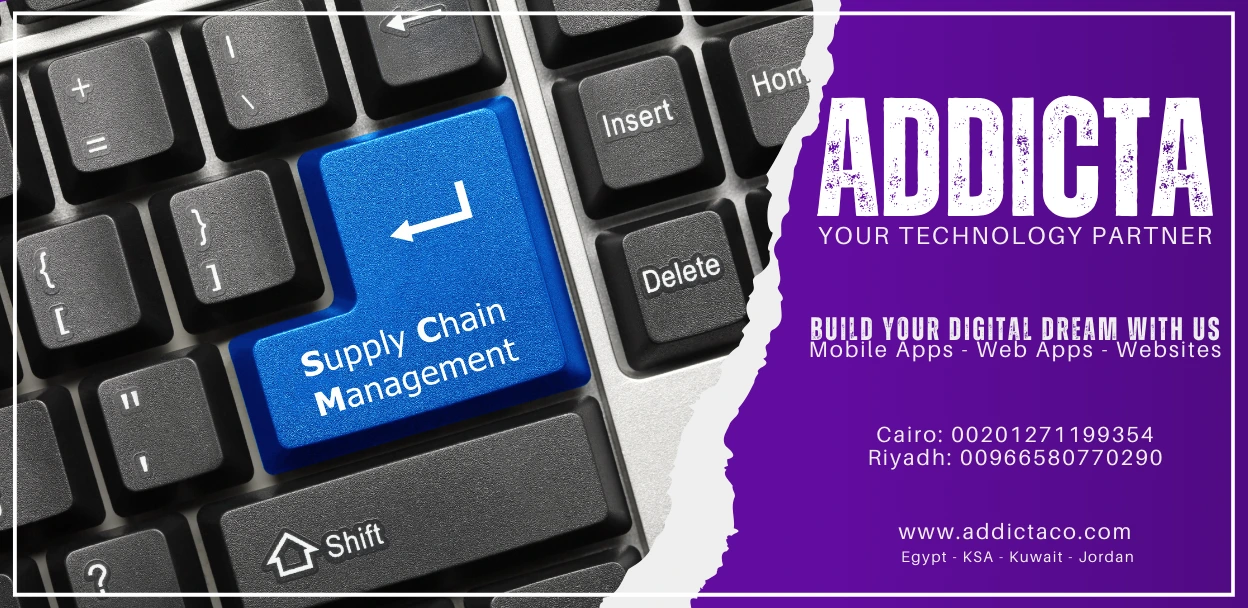Artificial Intelligence (AI) is reshaping various industries, and supply chain management is no exception. By leveraging AI, businesses can streamline their operations, enhance transparency, and make data-driven decisions to improve efficiency. This article explores how AI is transforming the supply chain sector, offering insights into its benefits, challenges, and real-world applications.
What Is AI in the Supply Chain?
AI in the supply chain refers to the use of machine learning algorithms, data analytics, and automation to optimize various aspects of the supply chain process. From demand forecasting and inventory management to route optimization and supplier relationship management, AI is applied to improve the overall performance and responsiveness of supply chains.
In essence, AI enables companies to make smarter decisions by analyzing vast amounts of data in real time, identifying patterns, and predicting future events. It facilitates the automation of repetitive tasks, allows businesses to respond quickly to market changes, and improves customer satisfaction through accurate demand planning.
The Role of AI in Mapping Supply Chains
AI plays a pivotal role in supply chain mapping, which involves visualizing and analyzing the entire supply chain network. Through AI-powered tools, businesses can identify potential bottlenecks, risks, and inefficiencies across their supply chain operations. Machine learning algorithms help map out supplier relationships, monitor production stages, and track deliveries, ensuring that goods move smoothly from production to end customers.
AI also helps companies manage complex, multi-tiered supply chains by providing real-time visibility into every component of the process. This ensures seamless coordination between suppliers, manufacturers, distributors, and retailers, significantly improving supply chain resilience.
End-to-End Supply Chain Transparency with AI
One of the most significant advancements AI brings to the supply chain is end-to-end transparency. Traditionally, supply chains have been fragmented, making it difficult for businesses to gain full visibility into each step of the process. With AI, organizations can gain real-time insight into every aspect of their supply chain, from sourcing raw materials to final delivery.
AI-driven platforms track shipments, manage inventory levels, and monitor supplier performance, allowing businesses to react quickly to any disruptions. This level of transparency helps companies avoid delays, reduce costs, and maintain better relationships with suppliers and customers.
9 Benefits of AI in Supply Chain
- Enhanced Forecasting Accuracy: AI algorithms analyze historical data, market trends, and real-time events to predict demand accurately, allowing businesses to optimize inventory and reduce waste.
- Cost Savings: Automation of manual processes such as order processing, inventory tracking, and data entry reduces operational costs and improves efficiency.
- Supply Chain Optimization: AI-powered analytics optimize logistics, including route planning and delivery schedules, reducing fuel consumption and transportation costs.
- Improved Supplier Relationships: AI tools help monitor supplier performance and compliance, leading to better partnerships and minimizing the risk of disruptions.
- Inventory Management: AI monitors stock levels in real-time, enabling companies to maintain optimal inventory levels, and reducing the risk of overstocking or stockouts.
- Faster Decision-Making: AI delivers actionable insights in real time, allowing businesses to respond quickly to changes in demand or supply chain disruptions.
- Risk Mitigation: AI helps identify potential risks such as supply shortages or geopolitical events that could disrupt the supply chain, allowing companies to take preemptive measures.
- Sustainability: AI optimizes resource use and reduces waste by improving energy efficiency, transportation routes, and packaging processes.
- Customer Satisfaction: Improved demand forecasting and efficient delivery systems enhance the customer experience by ensuring timely deliveries and product availability.
Challenges of AI in Supply Chain
Despite its numerous benefits, AI implementation in the supply chain faces some challenges:
- Data Quality: AI relies on accurate and comprehensive data. Poor-quality or incomplete data can lead to inaccurate predictions and inefficiencies.
- High Initial Costs: Implementing AI solutions requires significant upfront investment in technology, infrastructure, and talent.
- The complexity of Integration: Integrating AI into existing supply chain systems can be complicated, especially for companies using legacy systems.
- Cybersecurity Risks: With increased reliance on AI and data, companies must ensure that their supply chains are protected from cyber threats.
- Resistance to Change: Adopting AI often requires a cultural shift, and some employees may resist the transition due to concerns about job security or learning new technologies.
Using AI to Detect Changes in Demand and Supply
One of the most critical applications of AI in the supply chain is its ability to detect and respond to changes in demand and supply. Traditional demand forecasting methods often fail to account for sudden market shifts, such as changes in consumer behavior, weather disruptions, or political events. AI, however, can process real-time data from multiple sources, allowing businesses to detect these shifts early and adjust their supply chain strategies accordingly.
AI-powered demand sensing tools enable companies to maintain optimal inventory levels, reduce lead times, and improve production planning. This not only helps prevent stockouts or overproduction but also ensures that businesses can meet customer demand with precision.
Conclusion
AI is driving the future of supply chain management by enhancing visibility, improving efficiency, and enabling more informed decision-making. While challenges exist, the benefits of AI in the supply chain are too significant to ignore. By embracing AI, businesses can not only reduce costs but also build more resilient and responsive supply chains, ultimately gaining a competitive edge in a rapidly changing market.

